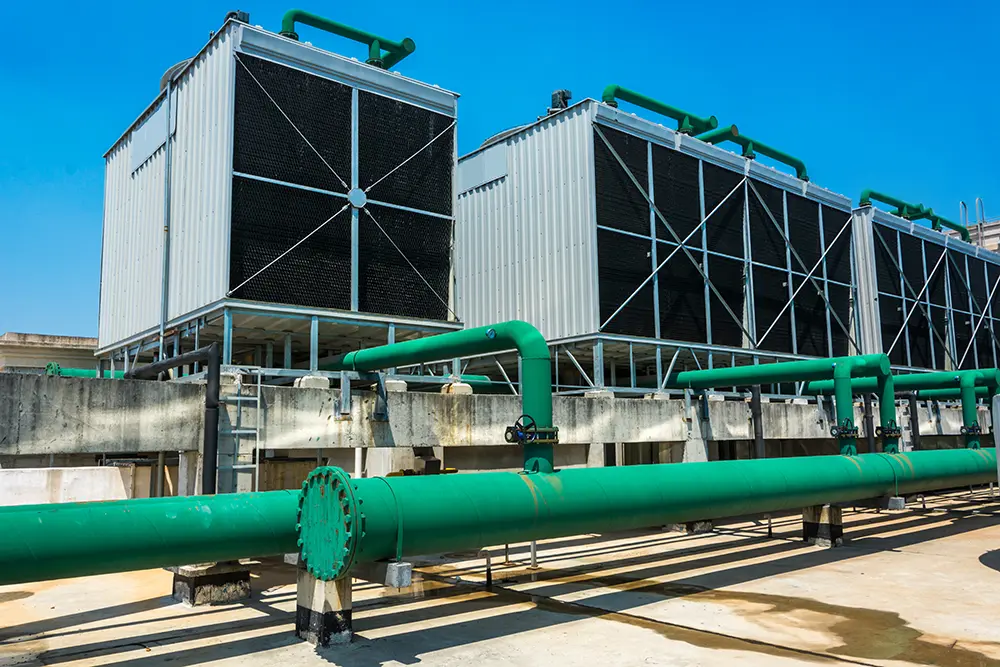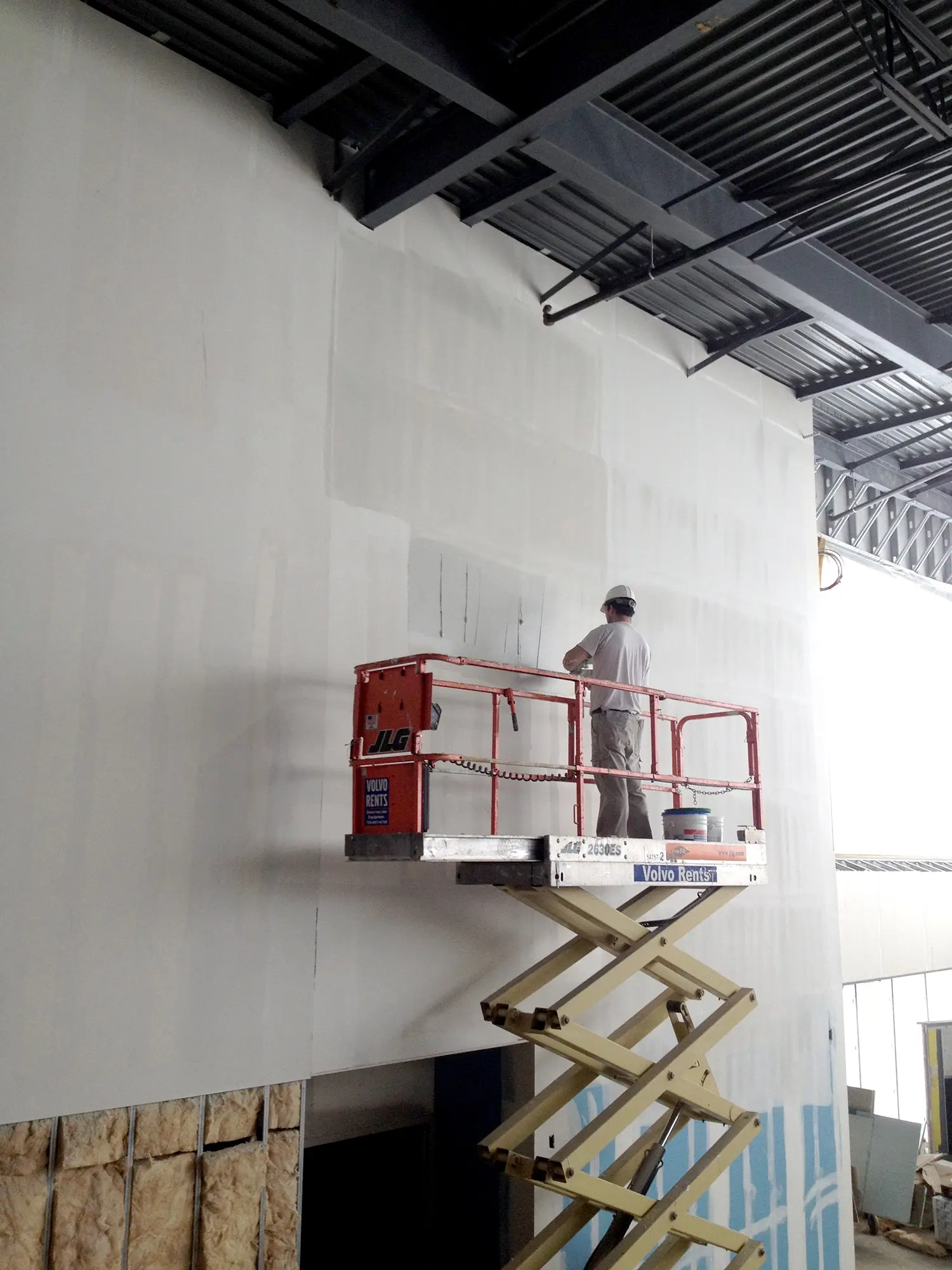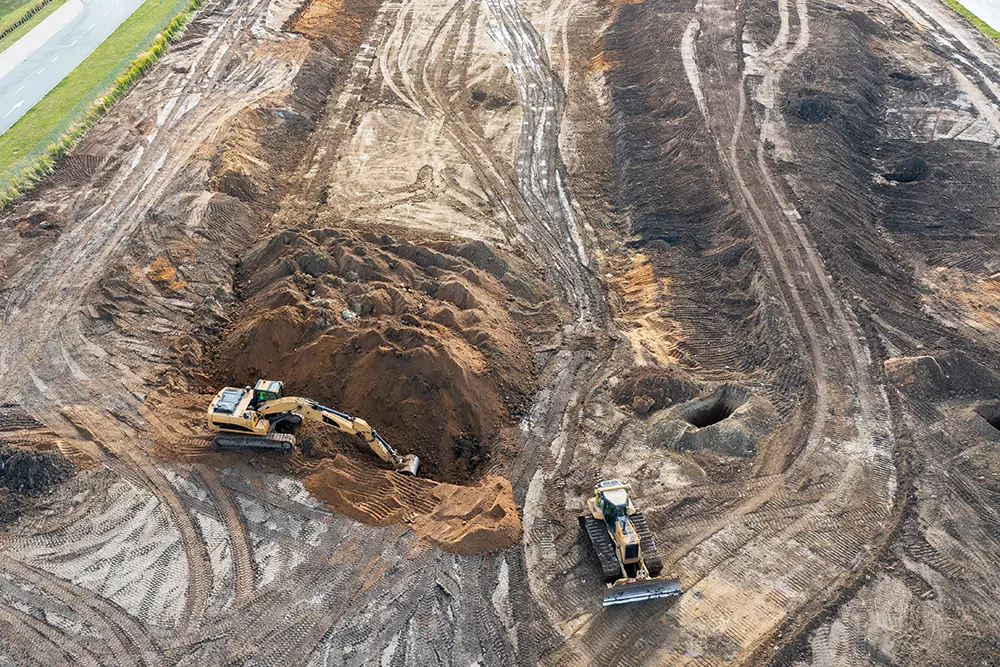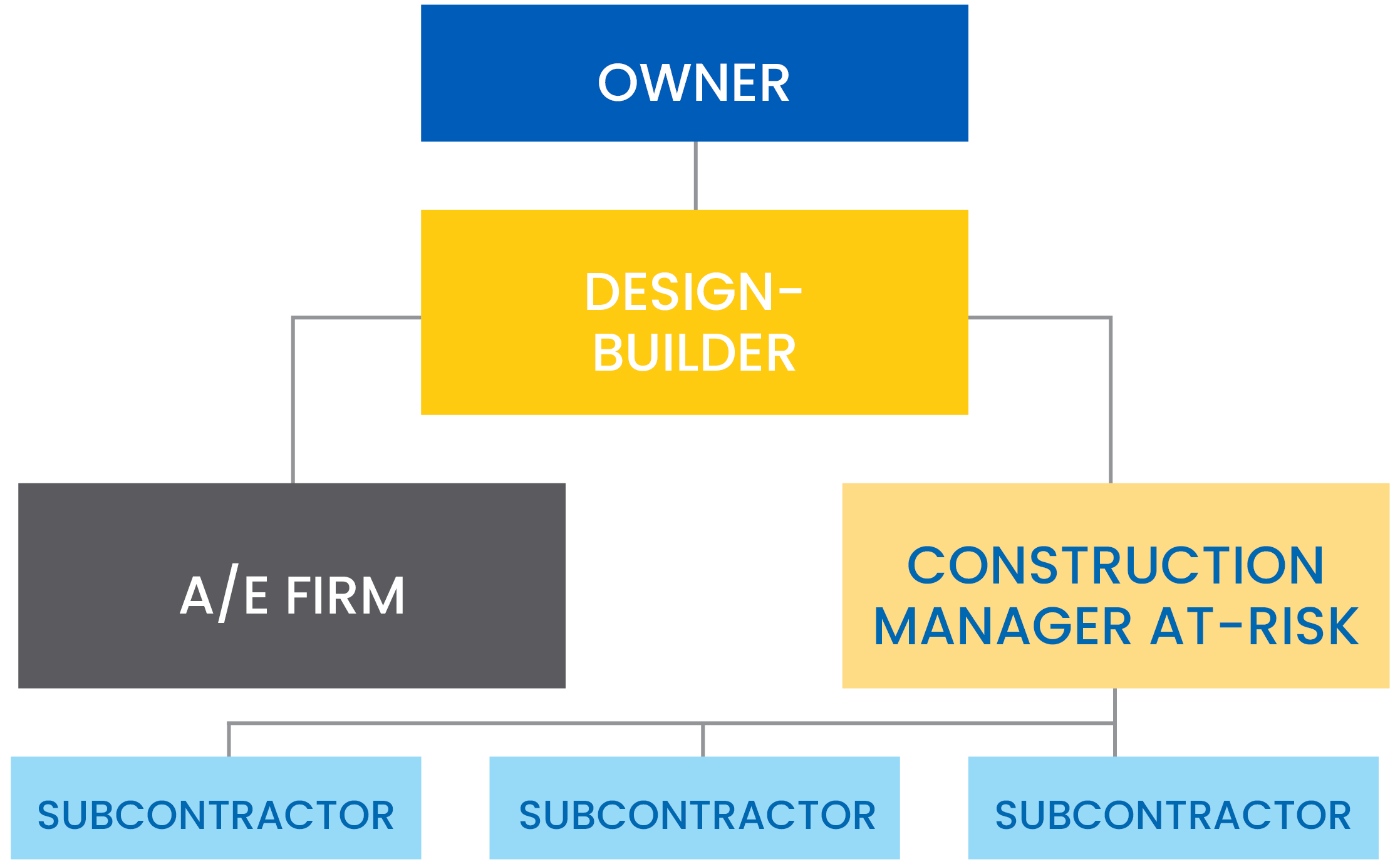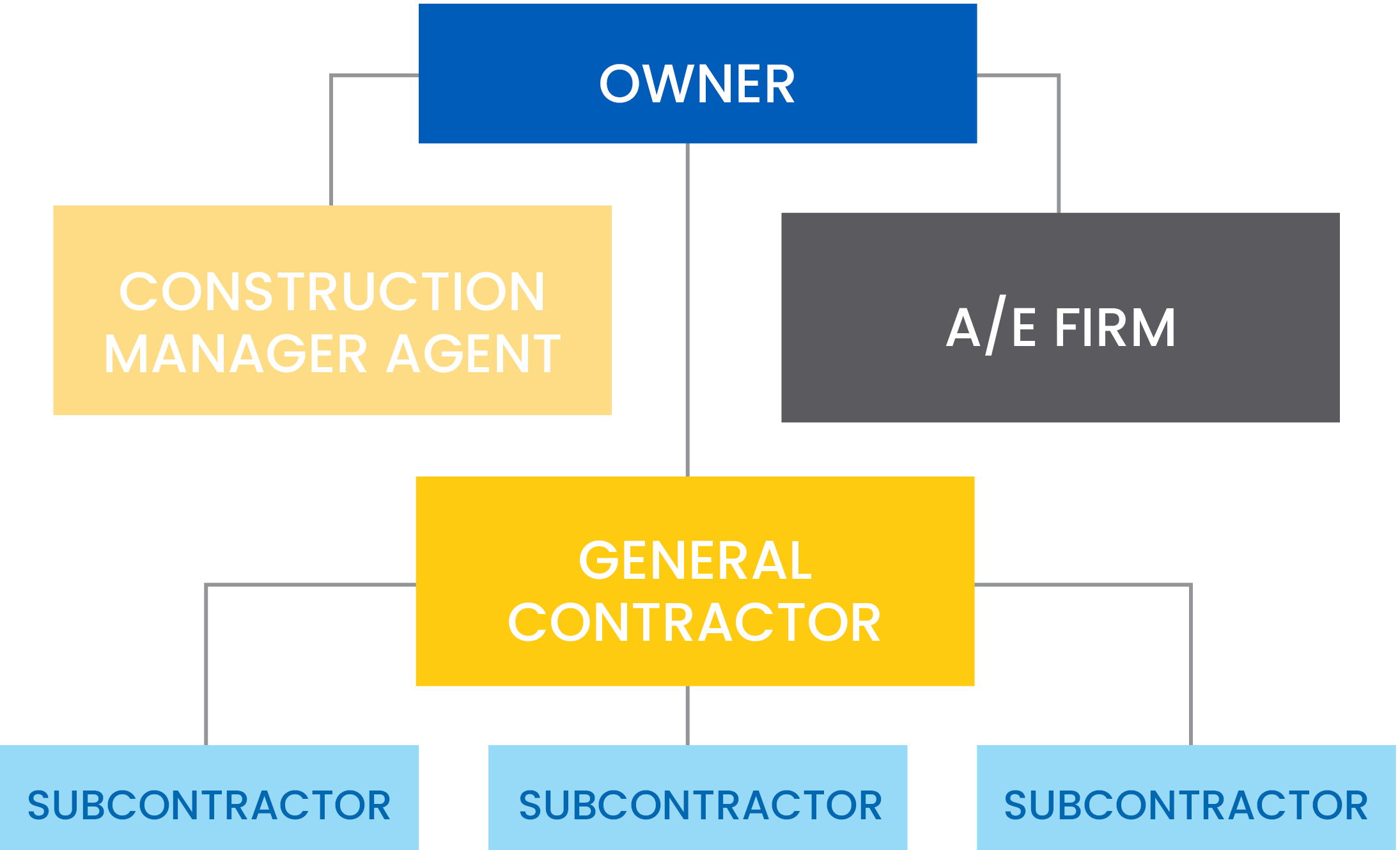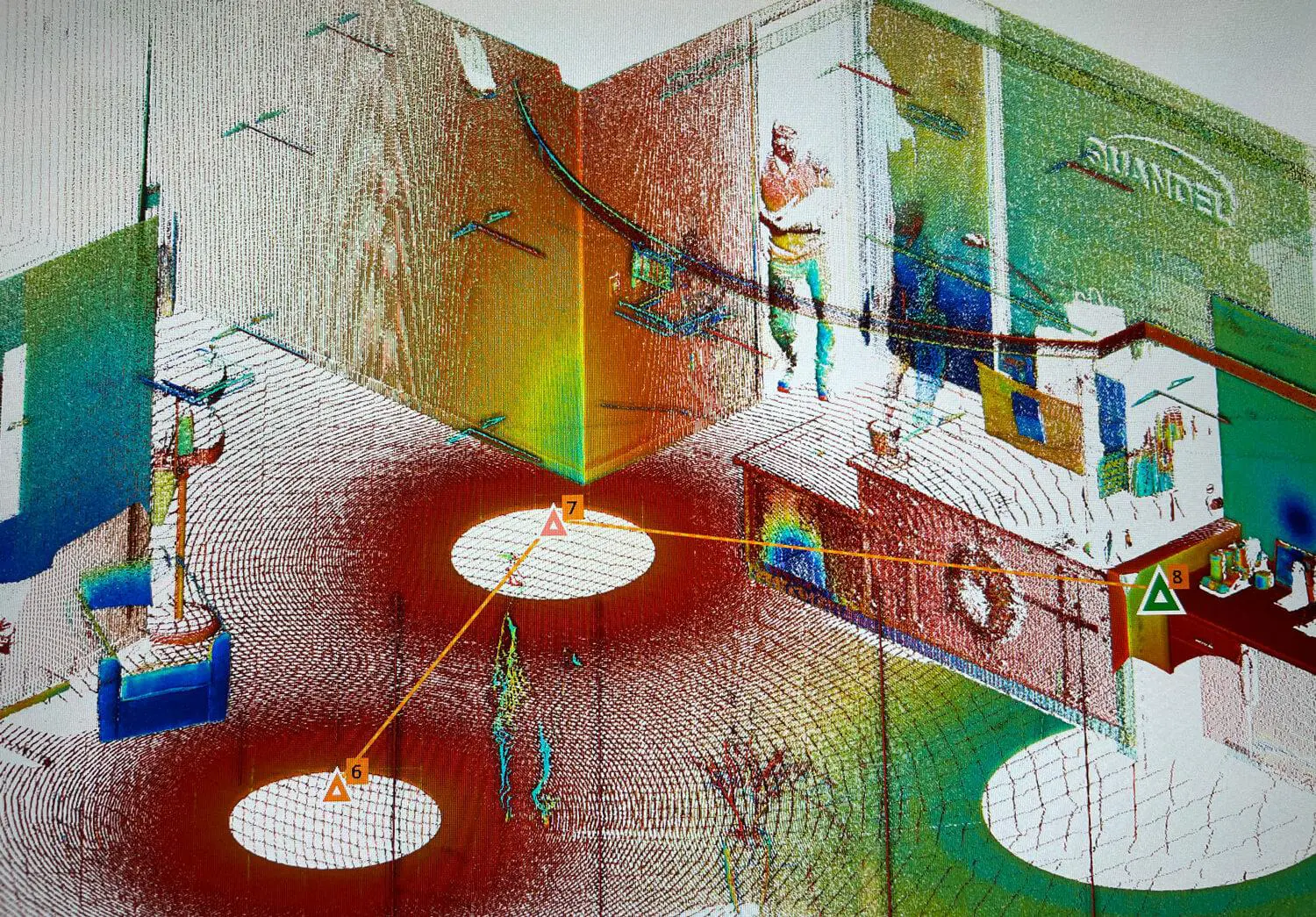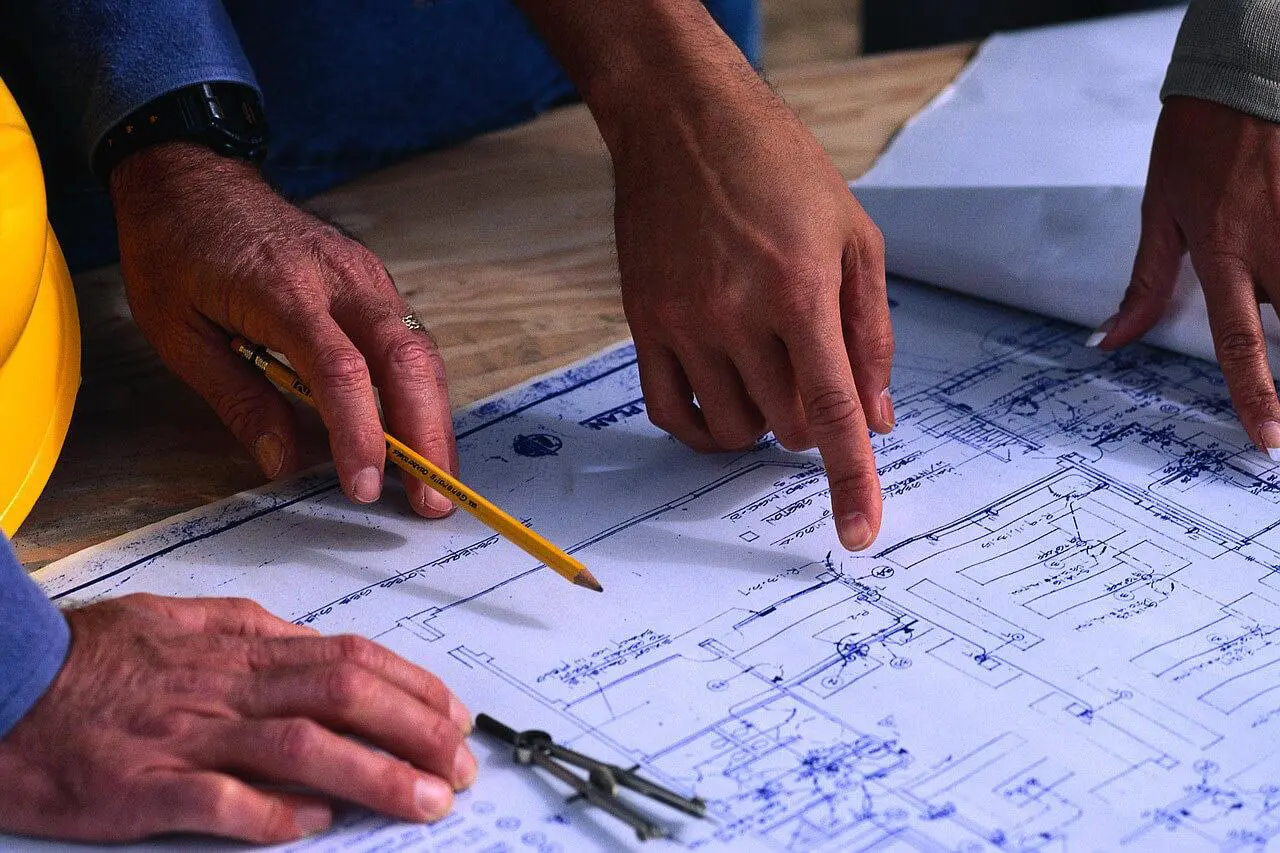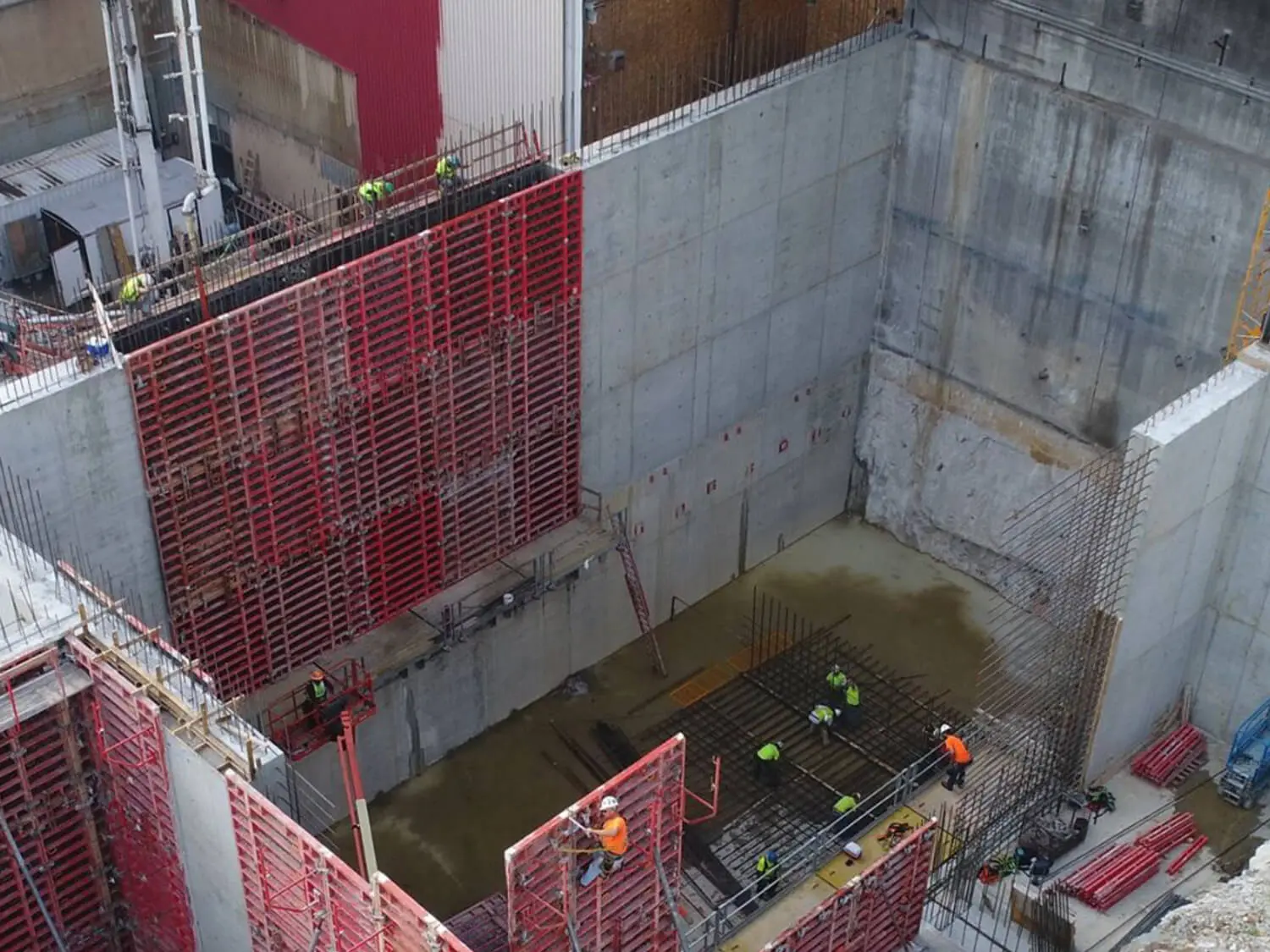Electrical Safety
Electricity is as serious hazard on any construction site. It can cause huge amounts of damage, and yet is invisible. Electrical power is essential to many of the tasks that go into construction, so it’s an ever-present danger, and one that can rear its head in many different forms. It’s recognized as one of OSHA’s “Big Four” hazards in construction.
It is extremely important to recognize, mitigate and avoid electrical hazards. Here are a few of the things you should be thinking about when working around electricity.
Carelessness
What can result from carelessness? With electricity, the consequences of a mistake can be dire. Electrocution, of course, is the big one—and this can kill. Last year we had several electrical safety incidents with our subcontractors. One resulted in a worker falling off of a ladder when he came in contact with a live wire above the ceiling. Failure for the electrician to cap live wires or failing to kill the power and lockout a circuit were the cause.
Consider the Consequences
There are four main types of electrical injury: burns, falls, electric shock, and electrocution.
Burns
These happen when skin comes into direct contact with an electrical source. They can also come about as thermal burns from the heat generated by arcing electricity and be caused indirectly by fires started by electrical sparks.
When it comes to true electrical burns, the afflicted person and anyone providing help should keep these things in mind:
- No-one should touch someone who is still in contact with an electrical current.
- An electrical injury can be more extensive that it appears – so treat even a slight burn seriously, as it may belie internal damage.
Avoiding electrical burns means avoiding any contact with live electricity. All extension and power cords should be in good repair, and only licensed electricians should work with exposed wires. High-voltage areas and machinery should be clearly marked, and workers should be very careful when water is present around electricity.
Falls
Working at height can take an electrical incident—like a small shock—from minor to deadly. A zap from a live wire that had gone unnoticed can cause someone to fall from a ladder and scaffolding. This danger requires both electrical safety awareness and also fall prevention strategies to minimize as much as possible.
Avoiding falls caused by electricity boils down to being extra careful around any electrical tools or wires when in a precarious position. Those taking tools with them on ladders or scaffolding should first inspect them for signs of wear and tear, and anyone near exposed wires must take full precautions against both electric shocks and falls.
Electric Shocks
An electric shock occurs when someone comes into contact with an electrical energy source. It can burn both internal and external tissue, and range in severity widely from a small jolt to a life-threatening shock.
Workers can receive electrical shocks from a range of things: Not only the obvious “live wire” situations, but from unsafe or damaged extension cords and power strips, faulty tools, and anything that uses electrical power if it’s used incorrectly.
A major aspect of avoiding electric shocks is to ensure that all electrical appliances and tools are in good working order—not broken, no insulation cracked to expose wires.
Use a GFCI. Many smaller generators do not have GFCIs built into them so an external GFCI must be used. Ensure that these are in place and tested prior to use.
Electrocution
An electric shock becomes electrocution when the electrical current that enters the body is powerful enough to stop the heart and cause death or severe injury. It’s the “big” electrical injury, and the risk of electrocution should be managed at all costs.
One of the big causes of electrocution is overhead power lines—these carry more than enough power to electrocute and can get in the way of lifts, ladders and the like. The number one thing to convey to workers is that they must slow down and think carefully before carrying out any work that brings the slightest risk of coming into contact with power lines, or anything that’s touching power lines.
Basic Electrical Safety Tips
The following are a few basic electrical safety tips:
- Avoid working with or around electricity whenever possible. If you think it will be necessary, get an electrician in.
- Always wear the appropriate PPE when working with electricity. This may include specialized electrical gloves and footwear.
- Ensure all extension cords and power strips are in good condition, and use cord protectors. Tape extension cords up high or cover them with cable covers on the floor to ensure no-one trips on them or damages them.
- Don’t take shortcuts when using power tools. Be mindful of following the correct process for safe use, handling, and storage every time.
- Always use the correct size fuse.
- Keep a lookout for any warm or hot power outlets or cords, as these may indicate poor wiring.
- Do not touch someone involved in an electrical incident until the power source has been disabled.
Don’t Be Shocked By Paperwork
Perhaps the biggest part of being safe around electricity on a construction site boils down to avoidance. Don’t attempt any wiring work—leave it to the professionals! When workers do have to interact with electricity in the form of power tools, power cords, and other equipment, they should always take proper precautions, stay away from water, and ensure everything is in good condition.
When it comes to the big guns like working around power lines, each site should have procedures and safety equipment in place—so it’s a matter of making sure that your people understand the importance of following those to the letter. For this to happen, policies should be clear and easily accessible.
Working on Live Circuits
If work must be done on live circuits then a safety plan must be submitted to the Quandel Safety Director for approval prior to the work being done.










